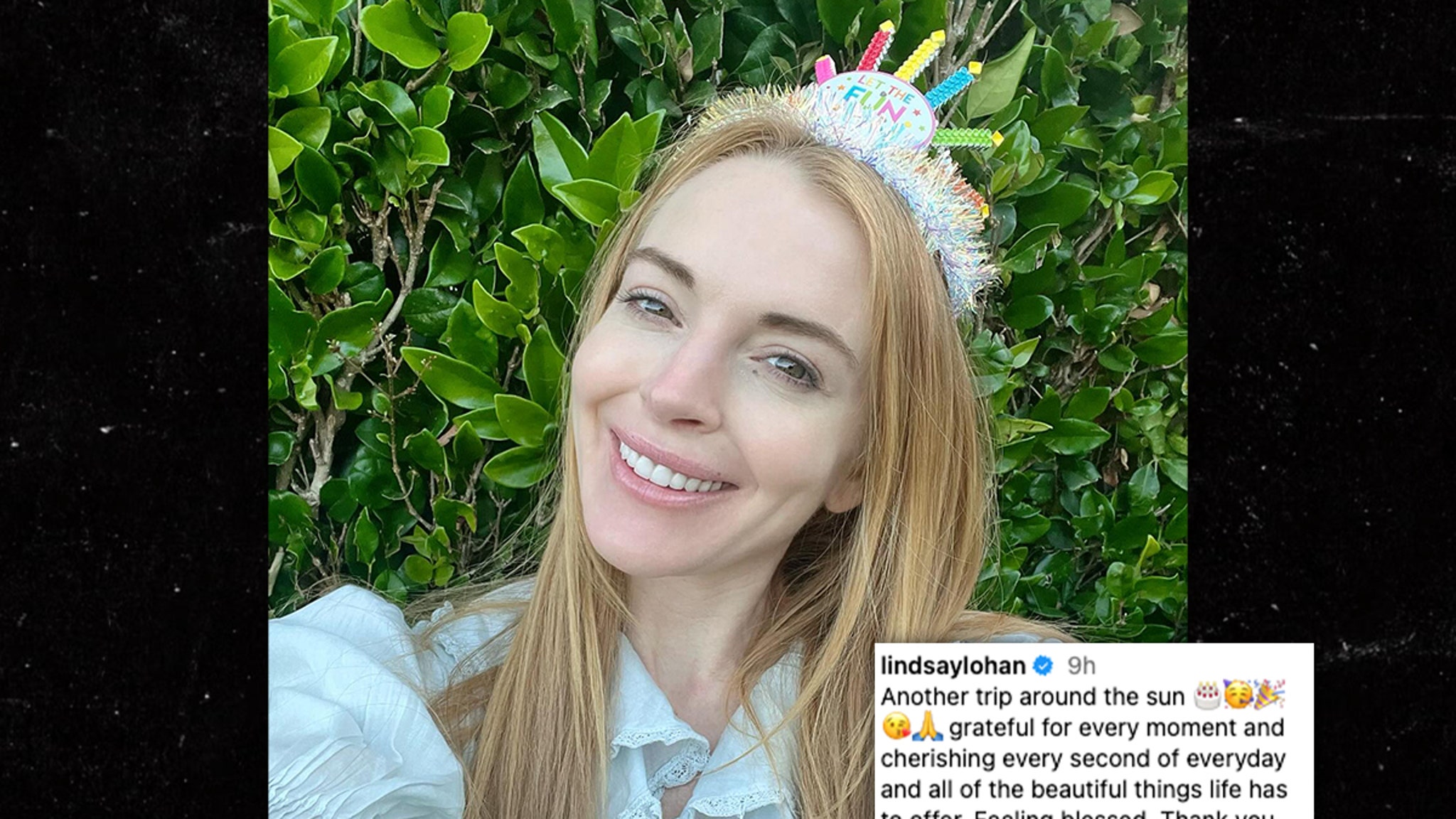Culture
Shania Twain Is a Glastonbury ‘Legend’


On a recent Friday, Shania Twain rode a horse through rural terrain in Alberta, Canada, helping a neighbor relocate a herd of Angus cattle. As cows mooed loudly around her, the country-pop star multitasked, chatting on the phone about prepping for an appearance on a famous field an ocean away.
Twain recalled how she started to perform at age 8 in smoky bars where drunk men would sometimes heckle her. As a result, she developed stage fright and hated being in the spotlight until she was about 50, she said, so the idea of performing for more than 200,000 revelers at Britain’s biggest music festival would have been anxiety inducing.
But on Sunday afternoon, Twain, now 58, walked onstage at the Glastonbury Festival and did just that. Accompanied by a herd of equines (giant hobby horses, this time), Twain kicked off with “That Don’t Impress Me Much,” her 1998 megahit about dismissing romantic suitors. Within seconds, the vast crowd was singing along, dozens of women climbing up onto friends’ shoulders, their hands outstretched in front of them.
She was occupying the most coveted slot at Britain’s largest and longest-running music event, the so-called Legend’s Slot, at 3:45 p.m. on the festival’s final day, an appearance she said she expected to be the “most extraordinary party of my career.”
The musician who earns this prized booking — past performers have included Dolly Parton, Diana Ross and Brian Wilson of the Beach Boys — not only gets to hear tens of thousands of fans singing their music back to them, but also secures a large live TV audience, which typically results in a boost in record sales and streams.
This year, Twain competed for ratings with Glastonbury’s three official headliners: Dua Lipa, Coldplay (who on Saturday brought Michael J. Fox onstage during a performance of “Fix You”) and SZA.
Lionel Richie, who was the event’s “legend” in 2015, said in an email that after decades spent headlining dark theaters, taking the stage on an afternoon was unique because he could see the huge crowd’s every emotion. He added that many festivalgoers had dressed up to look like him, and at one point, an apparently nude fan crowd-surfed in a canoe. As fans sang along to every word, “I had to remind the audience that this was my show,” he said.
On Sunday, Twain sometimes seemed shocked by the crowd. At one point, she spotted three women who appeared to be wearing Shania Twain masks and reacted with amused surprise. Like Richie, she was struck by her ability to see her audience clearly, noting she could look out “right to the tents” on the hill. “It’s really moving,” she announced.
Twain said in the recent interview that she was aware of the importance of Glastonbury in British culture. Her team — some members are British — had explained that the event is like a temporary city that magically appears in the countryside each year and can, at times, feel almost spiritual. When they’re not watching pop stars perform, Glastonbury attendees can visit a stone circle, take dance classes or chant for peace.
“The way I look at it, is it’s a real cultural experience for everyone that goes,” Twain said, “and I plan on going early so I can take that in.” (That included bringing along rain boots to traipse through the grounds’ often muddy terrain. Attendees this year were lucky and encountered mostly dry conditions.)
When Michael Eavis, a dairy farmer, started the festival at Worthy Farm in 1970, it was a far more low-key affair. Tickets for the first event, headlined by Marc Bolan and what was to become T. Rex, cost 1 pound, about $1.20. Eavis gave the 1,500 attendees free milk from his cows.
As the festival grew, Eavis said in a recent email, he booked a host of acts that he regarded as legends, including Curtis Mayfield and Tom Jones. But it wasn’t until after the 1994 festival that the Sunday afternoon slot was earmarked for a special performance.
That year, Eavis said, he booked Johnny Cash to play at teatime. The country singer’s set ended up going down so well, Eavis said, that he “made sure we had someone in that slot every year after that.”
Emily Eavis, Michael’s daughter who now co-organizes the event, said in an email that she thought the “Legend’s Slot” had such impact because it took place on the festival’s final day, after attendees had spent five days “living here in these fields,” and were looking for a last party before returning to everyday life.
Twain was perfect for that moment, she added: “Shania just has the songs that connect when you have over a hundred thousand people in that Sunday afternoon, tired and emotional.”
Ahead of her trip, Twain said it was a surreal honor that she was now, in Britain at least, an official “legend.” She doesn’t see herself as a so-called “heritage act,” though, because she still wants to write new songs and collaborate with younger stars, including Harry Styles. “I want to learn new things and see my own creativity broaden,” she said. “I feel very unlimited.”Looking ahead to her set, she said she knew her job was to “take on the vibe of the festival,” and entertain. “This isn’t just another show,” she said. At Glastonbury, “the audience is the show.”
On Sunday, there were moments when that was the case. When Twain sang “You’re Still the One” while sitting on a stool, a large part of the crowd — many wearing cowboy outfits, or leopard print — crooned the track’s romantic lyrics while looking at friends, only occasionally glancing up at the stage.
And as Twain prepared to finish her set with “Man! I Feel Like a Woman!,” she clearly knew the audience had been waiting to belt the track’s feminist chorus. “This whole song is all about you,” she told the crowd. “You’ve just got to let it out,” she added, “and tell me and everybody around you how you feel.” Then she let everyone sing for her.
One fan in a cowboy hat, Erin Stewart, 30, called the show “absolutely life-changing.” She said she had been listening to Twain for 25 years and always considered her a legend. But finally seeing Twain perform live “was magical,” Stewart said: “I can die happy now.”






















